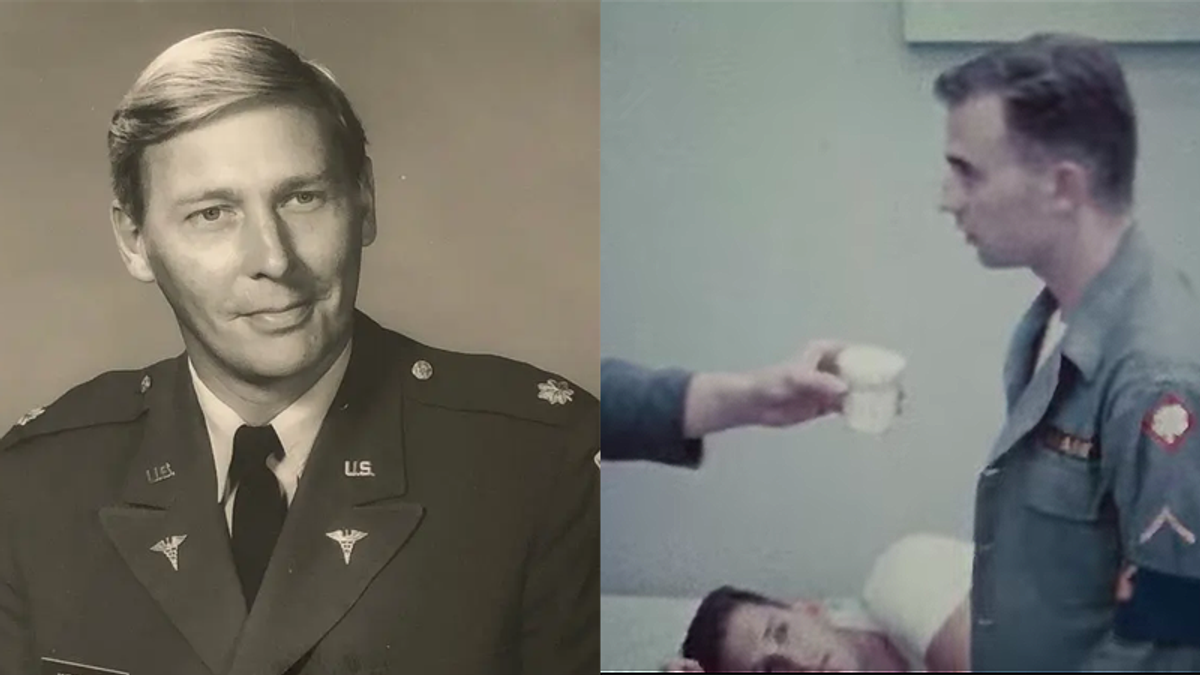
A new documentary titled "Dr. Delirium and The Edgewood Experiments" walks through the American military's 20-year experiments on people using psychedelic drugs like PCP and LSD along with other chemicals like sarin, VX and teargas.
Dr. James Ketchum, the documentary's main subject, died in 2019, leaving behind two decades of research where he experimented on young soldiers. Videos of those experiments are part of the documentary, The Guardian revealed after viewing archival footage.
Soldiers exposed to the drugs exhibited behavior consistent with hallucinogenic drugs. However, some of the other substances led to temporary blindness, and some of the soldiers tried to physically harm themselves.
One of the concoctions used by Dr. Ketchum was quinuclidinyl benzilate (BZ), which incapacitates the user. It blocks biological responses, quickens the heart rate to abnormal levels, and overheats the user. It's only recently that researchers are discovering the lingering effects the drugs had after the fact. There were such tight restrictions on what happened at the Edgewood Arsenal, a classified army facility in Maryland.
IN OTHER NEWS: Hitler-praising GOP candidate acknowledges writing 'false flag' Facebook post about Buffalo shooting
The film is now streaming on Discovery+ and it features interviews with veterans who survived the experiments at the facility, which gave them "psychological scars."
“From their point of view, they weren’t properly informed of the experiments that they were signing up for,” said director and executive producer Nick Brigden. “They were told that they were going to be testing army equipment. There was no mention of drugs. But once they got into Edgewood, from what I’ve heard from these vets, they were threatened with court martials if they didn’t participate.”
Prior to Ketchum, however, soldiers were being drugged without warning and without any real safety precautions. So, when he came in and began doing his experiments on the men, there were standards instituted that weren't there before. Still, however, some good practices didn't fully ensure that the men wouldn't be psychologically damaged at the time.
"Ketchum also remained steadfast that his work aimed to save lives at a time when scientists and soldiers were under pressure from an assumed cold war threat; the belief that the Soviets had already advanced their chemical weapons capabilities," the report explained.
Ketchum thought what he was doing was essential, because it was part of "national security," said Brigden.
“It’s a lot of gray areas here,” he explained, “I think the military needed to know the potential these drugs had on our troops. Were there any antidotes that they could find? As Ketchum would say, Edgewood started off as a defensive research program. But with any kind of chemical weapon program, you have to have an offensive side to it to have a defensive.”
The goal was to be able to fight a war in which people were not shot or exploded but instead incapacitated using chemical warfare.
See the trailer for the documentary below:
Dr. Delirium and the Edgewood Experiments | Official Trailer | discovery+www.youtube.com




